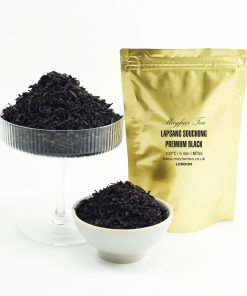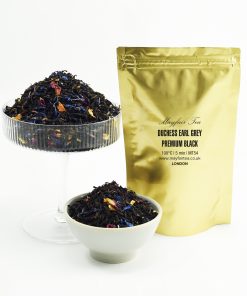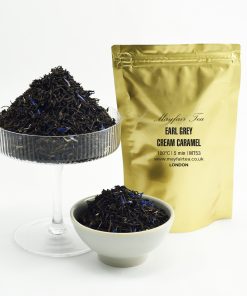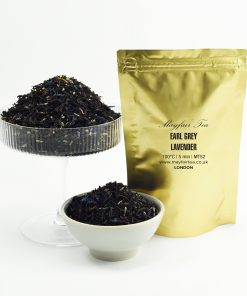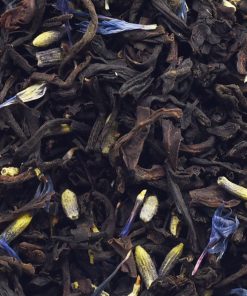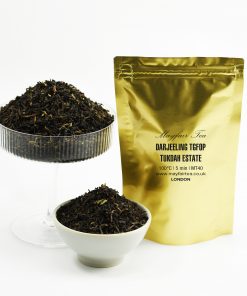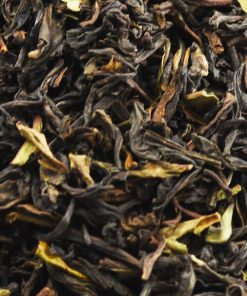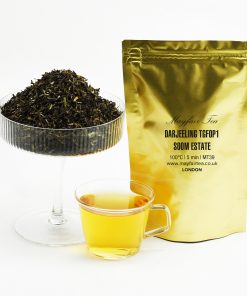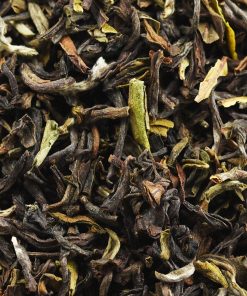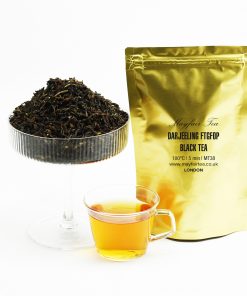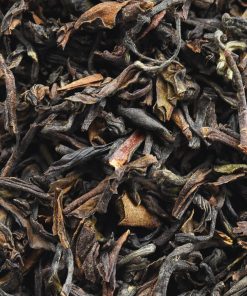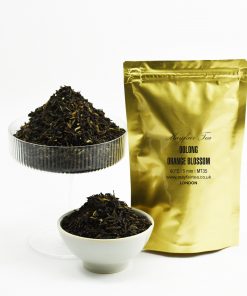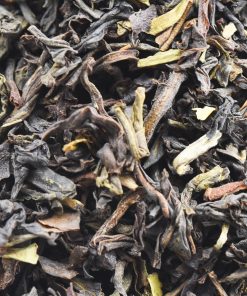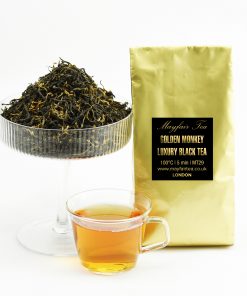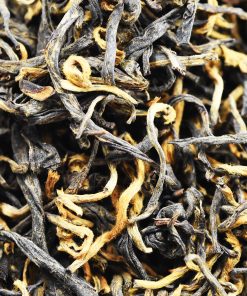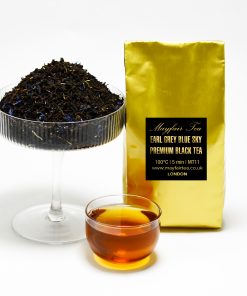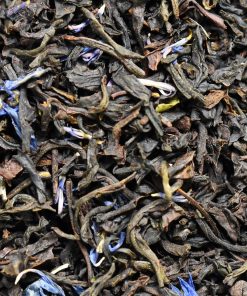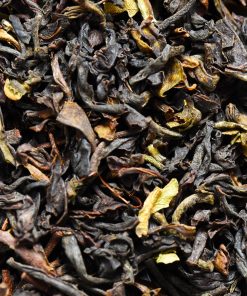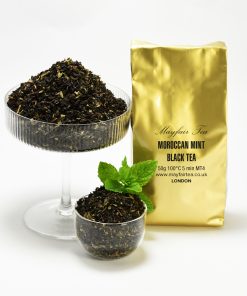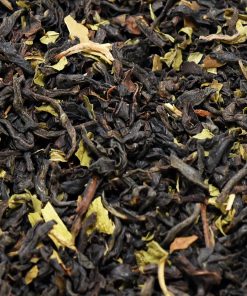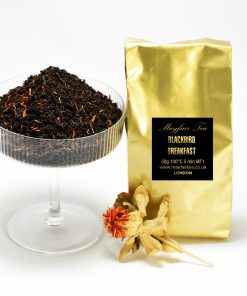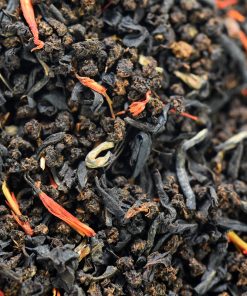Calendula Plant
The calendula plant is a colourful flower that is often used in herbal remedies. The plant has anti-inflammatory and antibacterial properties, which make it useful for treating a variety of conditions. Calendula can be taken internally or applied externally to the skin.
The calendula plant is a bright orange flower that is often used in herbal remedies. The plant has been shown to have anti-inflammatory and antioxidant properties, and it is thought to be helpful in treating skin conditions. Calendula oil is also said to be helpful in boosting the immune system.
Calendula Symbolism
The calendula plant is often associated with the sun and has been used as a symbol for energy and vitality. It is also said to promote happiness, optimism, and joy. Some believe that the calendula can help to dispel negative energy and bring good luck.
The calendula plant is often seen as a symbol of hope and new beginnings. This may be because the flower blooms throughout the winter months, when most other plants have died off. Additionally, its cheerful yellow petals are said to bring happiness and good luck.
Calendula Tea Benefits
Calendula tea is believed to offer a variety of health benefits. These include reducing inflammation, soothing digestion, and promoting wound healing. Some preliminary research also suggests that calendula tea may have anti-cancer properties. The main active ingredient in calendula tea is thought to be carotenoids, which are plant-based antioxidants.
Calendula tea benefits may include reducing inflammation, promoting wound healing, and soothing skin conditions. The anti-inflammatory properties of calendula may be due to the presence of flavonoids and terpenoids. These compounds may help to reduce inflammation by inhibiting the production of inflammatory mediators. Additionally, calendula has been shown to promote wound healing by increasing collagen synthesis and enhancing blood flow.
Antioxidants
Antioxidants
Antioxidants
Antioxidants
Antioxidants


